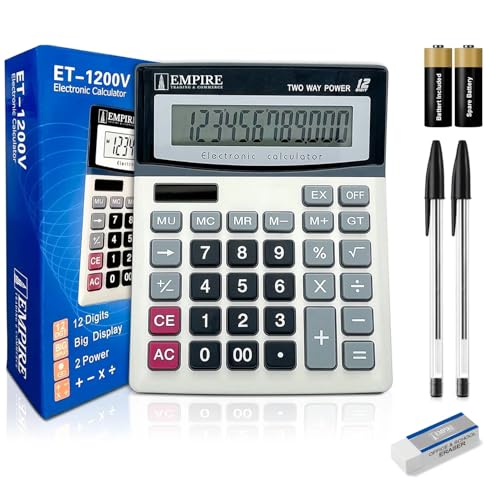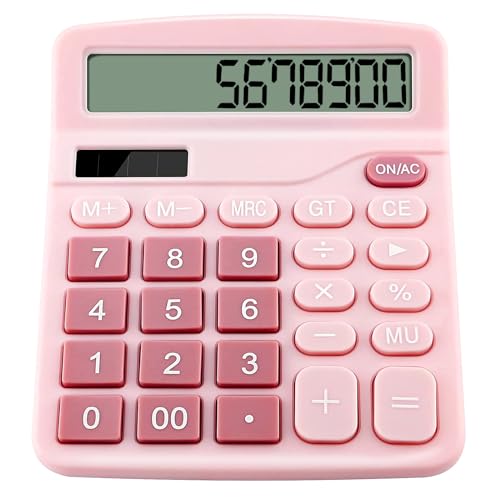Understanding Calculators: Choosing the Right Type for Your Needs
Identifying Your Purpose
When we think about buying a calculator, the first step is to determine what we will primarily use it for. Are we students tackling algebra, science, or advanced mathematics? Or perhaps we’re professionals in engineering, finance, or programming? Each of these situations requires different functionalities. A basic calculator might suffice for simple addition and subtraction, but if we need to solve equations, perform trigonometry, or work with statistics, a scientific or graphing calculator would be far more appropriate.
Assessing Your Level of Study or Work
Next, consider your level of study or expertise. For primary or secondary school tasks, a basic calculator may meet your needs perfectly. However, as we advance to university or higher academic levels, the requirements often escalate. A scientific calculator becomes essential for university students as it includes functions for calculus, logarithms, and more, allowing us to handle complex mathematical problems.
Basic vs. Scientific Calculators: What’s the Difference?
Understanding Basic Calculators
A basic calculator is designed for simple calculations involving arithmetic. It typically has a straightforward layout with keys for addition, subtraction, multiplication, and division. If we are simply adding up expenses or calculating quick sums, this is an affordable and user-friendly choice. However, it lacks advanced functions, making it unsuitable for more complicated mathematical operations.
Features of Scientific Calculators
In contrast, scientific calculators cater to those who need to perform more advanced functions. They incorporate a variety of mathematical functions including trigonometric, exponential, and logarithmic calculations. Features such as fractions and percentage computations are also standard with scientific models. If we find ourselves taking courses in physics or engineering, a scientific calculator will be indispensable for tackling higher-level concepts.
Features to Look For: Essential Functions that Enhance Usability
Display Quality and Size
When selecting a calculator, screen clarity and size play a crucial role in usability. A larger display can make it easier to read complex equations at a glance. Some models also come with a multi-line display, allowing us to scroll through calculations more seamlessly. This feature is especially helpful when we’re working through lengthy problems.
Durability and Battery Life
Durability and battery life are also key considerations. We want a calculator that can withstand daily use, particularly if we are planning to carry it around. Checking the type of battery or whether it has solar options can save us hassle in the long run. A calculator with a good battery life means fewer interruptions during our studies or projects.
Budgeting for Calculators: How Much Should You Spend?
Assessing Your Budget
Our budget will largely determine our options, but it’s essential to balance cost with the functionality we need. Basic calculators can range from £5 to £20, while scientific calculators typically cost between £15 and £50. If we require a graphing calculator, the price can even reach up to £100 or more. Investing a bit more in a reliable calculator might be worthwhile if it serves us well throughout our studies or profession.
Getting Value for Money
Additionally, think about the included features that align with our intended use. It may be tempting to choose a cheaper model, but if it doesn’t have the capabilities we need, it could lead to frustration and ultimately cost us more time and effort in the end. We should look for calculators that provide good value, combining durability, functionality, and a reasonable price.
Top Picks: Our Recommended Calculators for Different Users
Best for Students
For students, we recommend the Casio FX-83GTX. It provides essential functions for secondary school maths and science, offering a large display for ease of use and reliable battery life.
Best for Advanced Studies
Once we reach university levels, the Texas Instruments TI-30X is an excellent choice. It combines scientific functions with an intuitive interface and robust build quality.
Best Overall Choice
For those who need a graphing calculator, the Casio fx-CG50 is our top pick. It features a colour display and advanced graphing capabilities, making it perfect for STEM courses, allowing us to visualise data effectively.
























